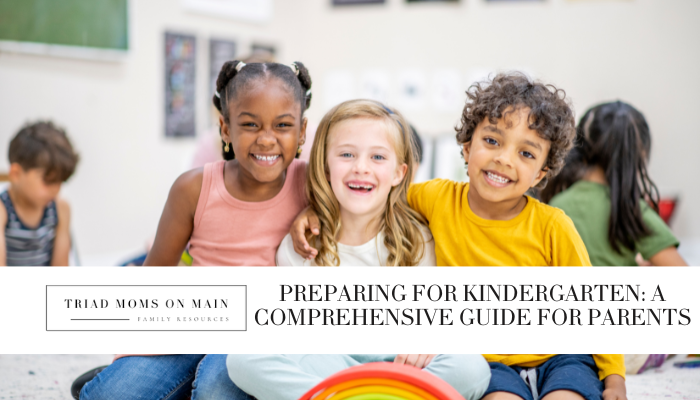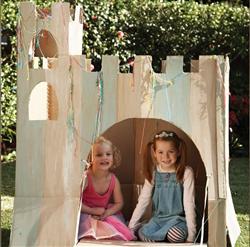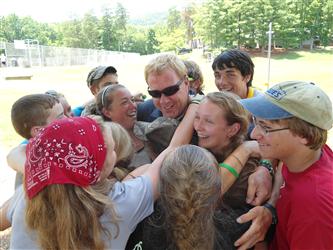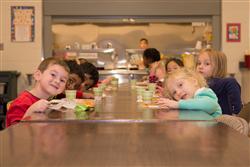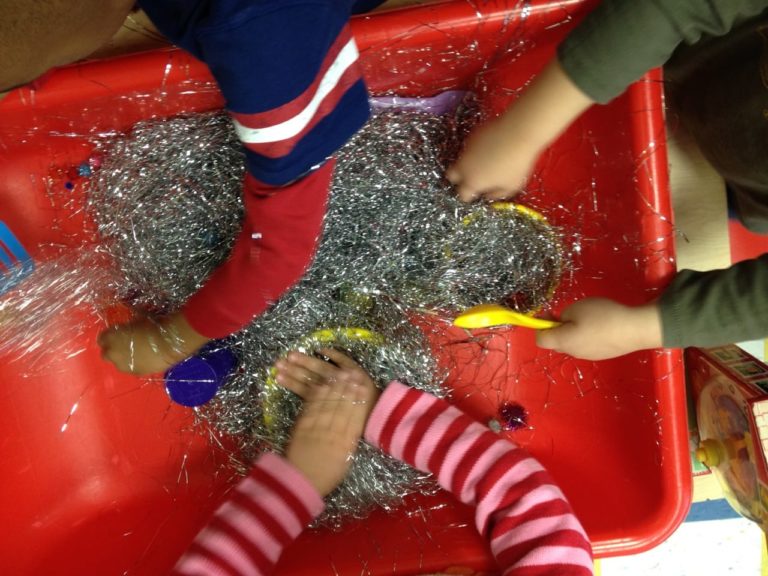Preparing for Kindergarten: A Comprehensive Guide for Parents
The transition to kindergarten is a significant milestone for both children and their parents. It marks the beginning of a formal education journey, and with it comes excitement, anticipation, and a fair bit of anxiety. Preparing your child for this new chapter can make the transition smoother and more enjoyable. Here are some tips to help you and your child get ready for kindergarten.
Foster Independence
Kindergarten requires children to handle more tasks on their own. Encouraging independence in daily activities helps build confidence and self-reliance. Here are some ways to foster independence:
- Self-care Skills: Teach your child to dress themselves, use the restroom independently, wash their hands, and manage their belongings.
- Responsibility: Assign simple chores like setting the table, feeding pets, or tidying up toys. This instills a sense of responsibility and accomplishment.
- Decision Making: Allow your child to make small decisions, such as choosing their clothes or picking a snack. This helps them develop decision-making skills.
Develop Social Skills
Social interaction is a significant part of kindergarten. Helping your child develop social skills will make it easier for them to make friends and interact positively with peers and teachers.
- Playdates: Arrange playdates with other children to practice sharing, taking turns, and cooperative play.
- Group Activities: Enroll your child in group activities like sports, dance, or art classes to get accustomed to interacting in a group setting.
- Role-Playing: Role-play various social scenarios, such as introducing themselves, asking for help, or resolving conflicts.
Encourage a Love for Learning
Kindergarten is the start of formal education, so fostering a love for learning early on can set a positive tone for the years ahead.
- Read Together: Reading to your child every day enhances their vocabulary, listening skills, and imagination. Choose a variety of books to keep it exciting.
- Explore Interests: Encourage your child to explore their interests, whether it’s dinosaurs, space, or art. This keeps learning fun and engaging.
- Educational Games: Use educational games and activities to teach basic concepts like letters, numbers, shapes, and colors.
Establish a Routine
A consistent routine helps children feel secure and understand what to expect, making the transition to kindergarten smoother.
- Morning Routine: Establish a morning routine that includes time for breakfast, getting dressed, and preparing for the day.
- Bedtime Routine: A consistent bedtime routine ensures your child gets enough rest. Aim for 10-12 hours of sleep each night.
- Practice School Routine In the weeks leading up to kindergarten, practice the school routine. Wake up at the same time, have breakfast, and go through the motions of a school day.
Visit the School
Familiarizing your child with their new environment can reduce anxiety and build excitement for kindergarten.
- School Tour: Arrange a visit to the school to meet the teacher, see the classroom, and explore the playground.
- Open Houses: Attend any open houses or orientation events to meet other families and get more information about the school.
- Rehearse the Route: Practice the route to school, whether it’s walking, driving, or taking the bus. This helps your child feel more comfortable on the first day.
Address Emotional Readiness
Starting kindergarten can be an emotional experience. Addressing your child’s feelings and preparing them emotionally is crucial.
- Talk About Feelings: Have open conversations about how they feel about starting school. Validate their emotions and offer reassurance.
- Read Books About School: There are many children’s books about starting school that can help your child understand and feel more comfortable with the transition.
- Stay Positive: Your attitude towards school will influence your child. Stay positive and enthusiastic about this new adventure.
Communicate with the Teacher
Establishing a good relationship with your child’s teacher can make a significant difference.
- Introduce Yourself: Introduce yourself to the teacher and share any important information about your child, such as allergies, special needs, or unique interests.
- Stay Involved: Show interest in your child’s education by attending parent-teacher conferences, volunteering in the classroom, and staying informed about school activities.
- Ask Questions: Don’t hesitate to ask questions if you have concerns or need more information about your child’s progress and school experience.
Final Thoughts
Preparing for kindergarten is a journey that involves fostering independence, developing social skills, encouraging a love for learning, establishing routines, familiarizing with the school environment, addressing emotional readiness, and maintaining open communication with teachers. By taking these steps, you can help your child embark on their educational journey with confidence and enthusiasm. Remember, every child is unique, so tailor your preparation to fit your child’s individual needs and personality. Here’s to a successful and joyful start to kindergarten!
Read more educational blogs here! And click here for School Supplies ideas. For notifications on local events and happenings, subscribe to Triad Moms on Main’s free weekly newsletters here.

